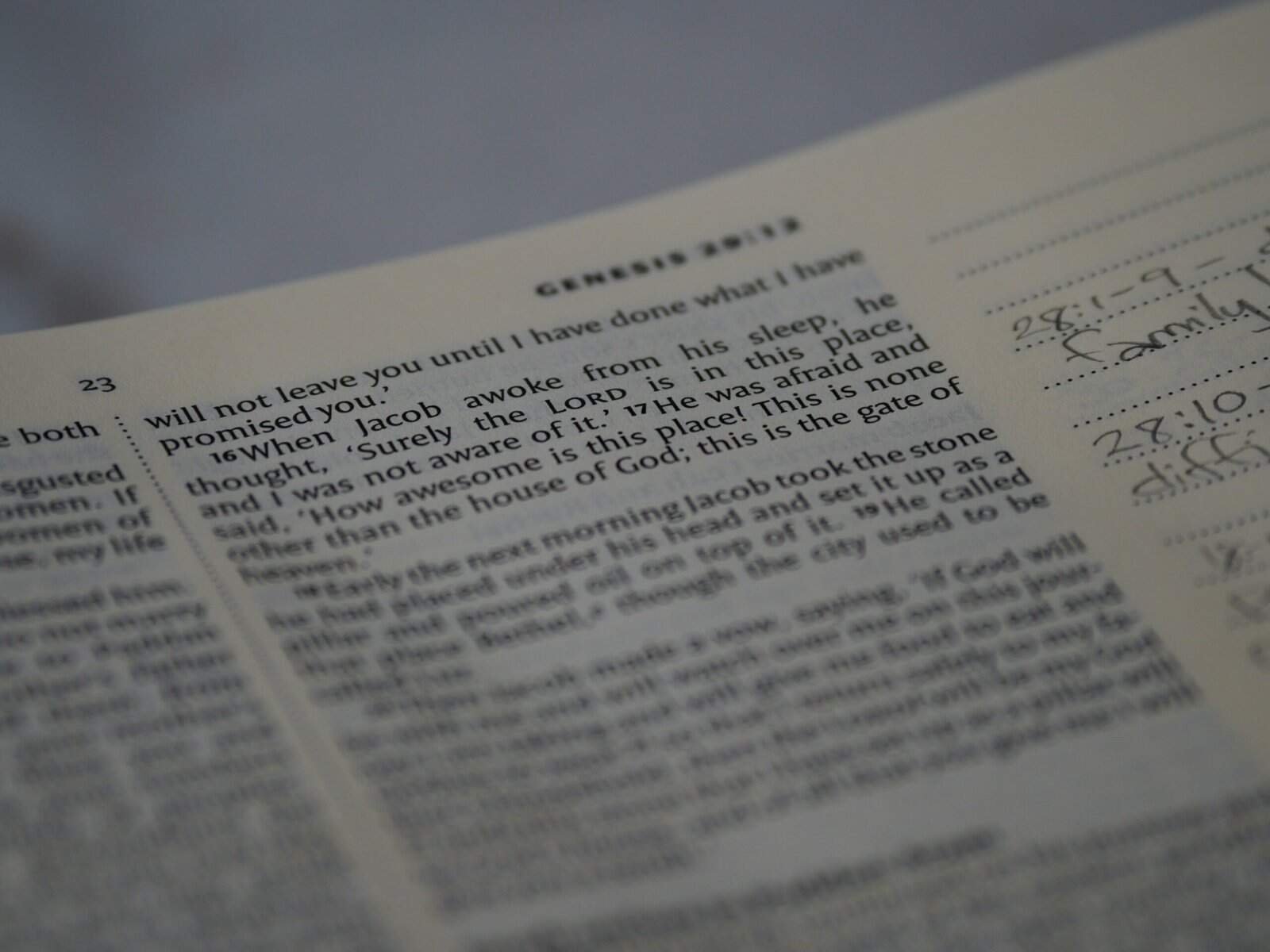Have you ever thought about what goes into ensuring that legal documents are accurate and compliant? If you’re passionate about details and have a keen eye for error, you might find the role of a Legal Document Reviewer quite interesting. In today’s world, where legal precision could mean the difference between winning or losing a case, the importance of this role cannot be understated.
The job might sound straightforward, reviewing legal documents, but it’s much more than just reading text. It’s about understanding legal jargon, interpreting laws, and ensuring every word holds the power it should.

What is a Legal Document Reviewer?
A Legal Document Reviewer is a specialized role within the legal sector focused on examining legal documents for accuracy, compliance, and relevancy. This role often involves sifting through vast amounts of information to identify significant details that could impact legal proceedings. Your skillset as a legal document reviewer extends beyond mere reading—you’re an essential part of upholding the integrity of legal processes.
Role and Responsibilities
In your role, you’d be responsible for reviewing and analyzing documents to assist lawyers in preparing cases. Typically, this includes:
- Document Review: Assessing documents to ensure they meet legal standards.
- Relevancy Determination: Identifying which documents are pertinent to a case.
- Risk Management: Spotting any inaccuracies or potential issues in the documents that could affect legal outcomes.
- Quality Assurance: Guaranteeing that documents are error-free and thoroughly checked for comprehension and clarity.
Your work provides crucial support that helps other legal professionals perform their duties more effectively.
Core Competencies Required
To thrive as a legal document reviewer, certain proficiencies are essential:
- Attention to Detail: Being able to spot errors and discrepancies that others might miss is crucial.
- Comprehension of Legal Concepts: Understanding legal terminology and principles will guide you in evaluating documents accurately.
- Analytical Skills: Strong abilities in logical reasoning and making sound judgments are key.
- Communication: You must effectively communicate findings to other legal team members, often translating complex legal jargon into understandable insights.
Educational and Experience Requirements
While the pathway to becoming a legal document reviewer is not rigid, there are common educational and professional journeys that many take.
Educational Background
Most often, a legal document reviewer will have a background in law or a related field. However, different avenues can also lead to a successful career:
| Education Level | Description |
|---|---|
| Bachelor’s Degree | Typically in law, political science, or a related field. This provides foundational knowledge in understanding legal processes and systems. |
| Law Degree (Juris Doctor) | Many document reviewers pursue a JD to gain a deeper insight into the intricacies of the law, although not always obligatory. |
| Paralegal Training | Certification courses that provide focused training in legal research, writing, and analysis can be beneficial. |
Professional Experience
Having experience in law, whether through internships, clerk roles, or as paralegals, significantly enhances your ability to review documents effectively. These roles provide practical exposure to real-world legal issues, enriching your understanding and intuition in reviewing documents.
The Process of Legal Document Review
The process of reviewing legal documents is systematic and structured. It mobilizes insights and analytical skills to ensure precision and professionalism in the process.
Document Acquisition
The initial step involves collecting all the documents relevant to the case. These could include contracts, letters, emails, and other written communications. Proper organization and authentication of these documents set the stage for effective review.
Initial Categorization
Documents are categorized based on relevancy and type. This step improves efficiency, allowing you to focus efforts on critical elements that need immediate attention. Often, these are segmented into privileged, non-privileged, and potentially relevant evidence.
Detailed Examination
Once documents are categorized, a painstaking review process begins. This involves checking for consistency, accuracy, and adherence to legal requirements in each document. You’ll be scrutinizing large volumes of text to pinpoint anything that may affect the case outcome.
Compiling Insights
After analyzing documents, insights and findings need to be compiled into comprehensive reports or summaries to aid lawyers in case preparation. This requires precision in language, ensuring the report is clear, comprehensive, and free from misinterpretations.
Tools and Technologies in Legal Document Review
Technology plays a pivotal role in modern legal document review, enhancing efficiency and accuracy.
eDiscovery Software
eDiscovery tools help in electronically analyzing massive document volumes. They employ technology that can search for pertinent information based on keywords, helping you quickly locate necessary documents.
AI and Machine Learning
Artificial Intelligence (AI) and Machine Learning improve the ability to detect patterns and anomalies in documents faster than manual reviews. As these technologies continue to evolve, they offer promise in significantly reducing the time needed for thorough document analysis.
Document Management Systems
These computerized systems enable the organization, storage, and retrieval of documents. They facilitate easy tracking of document versions and changes, which is crucial when dealing with large case volumes.

Ethical Considerations
As a legal document reviewer, upholding ethical standards is essential due to the sensitive nature of the job.
Confidentiality
Confidentiality is at the heart of all legal professions. Safeguarding client information and maintaining strict confidentiality is both a legal requirement and an ethical obligation.
Objectivity
In evaluating documents, maintaining impartiality is crucial. A reviewer must assess documents without letting personal biases affect their judgment or findings.
Accuracy
Accuracy in your analyses and reports ensures all legal proceedings are based on factual and comprehensive evaluations, reinforcing the integrity of the justice system.
Challenges Faced by Legal Document Reviewers
Despite its importance, the role of a legal document reviewer does not come without its hurdles.
High Volume of Documents
One of the main challenges is managing the high volume of documents within tight deadlines. Effective time management and organizational skills are critical in these situations.
Complex Legal Terminologies
Navigating through intricate legal terminologies and understanding the implications of each piece of information is demanding. Continuous learning and professional development can help overcome these challenges.
Keeping Up with Technological Advancements
As legal digital tools continuously evolve, keeping up-to-date with the latest technologies and their applications in document reviews can be challenging yet is integral to improving efficiency and effectiveness.

Future Outlook
The future looks promising for those interested in becoming legal document reviewers. Technology’s impact on the field will only grow, allowing professionals to be more efficient and accurate in their work.
Innovations in AI and Data Analysis
The increasing use of AI in legal processes is not only transforming how document reviews are conducted but also expanding the role of document reviewers. With AI taking over more labor-intensive tasks, you’ll have more time to focus on complex and value-driven analyses.
Increasing Demand for Legal Services
As legal complexities and litigation rates rise globally, the demand for skilled document reviewers is also set to surge. You could find yourself more in demand as organizations prioritize compliance and risk management.
Conclusion
A career as a Legal Document Reviewer can be both challenging and rewarding. It provides a unique opportunity to bring order to complex legal issues, playing a vital role in ensuring justice and transparency in the legal process. While the job demands precision and resilience, the growing use of technology lightens the load, paving the way for a future brimming with potential. If you’re ready to embrace a career that places you at the core of dynamic legal changes, the world of legal document review awaits.


